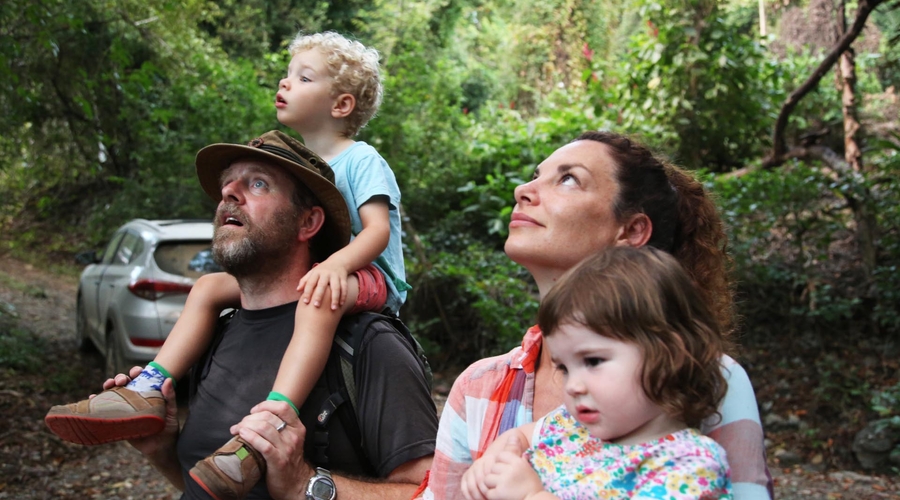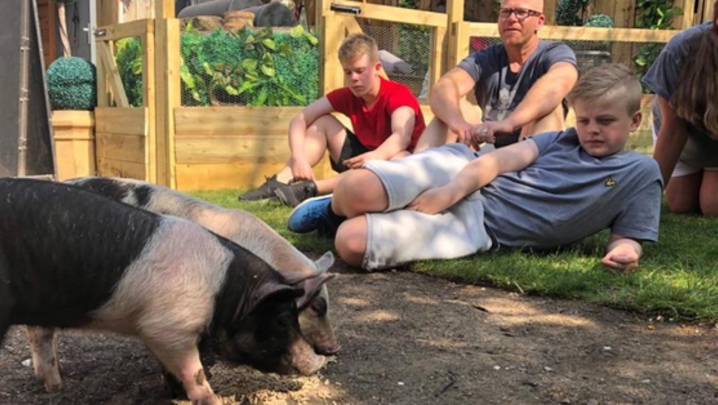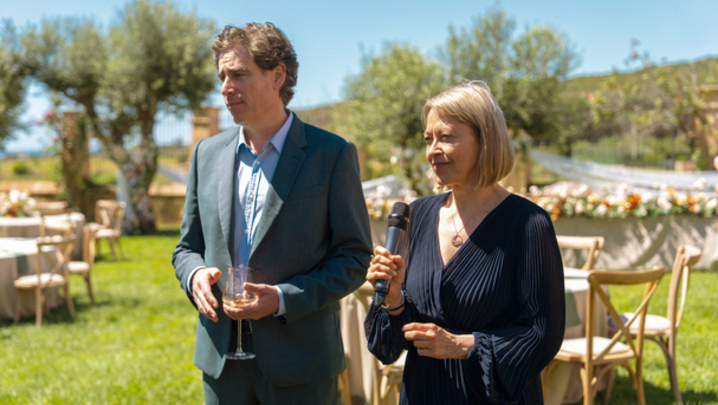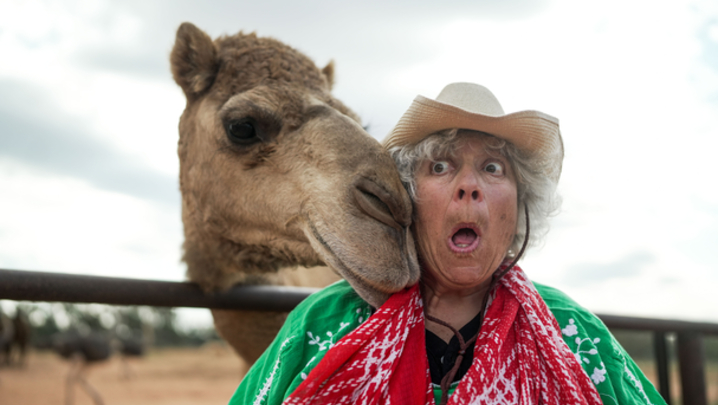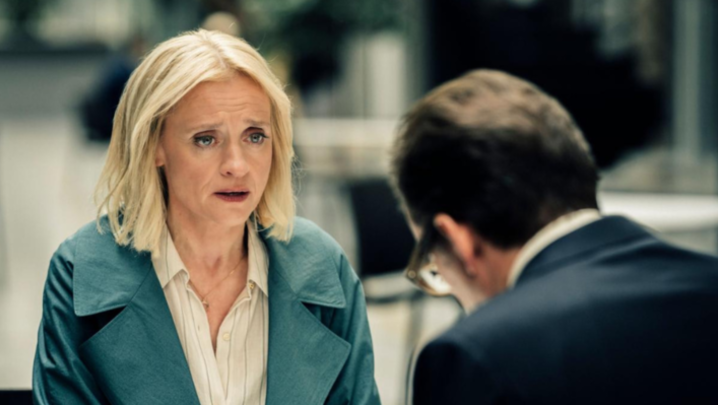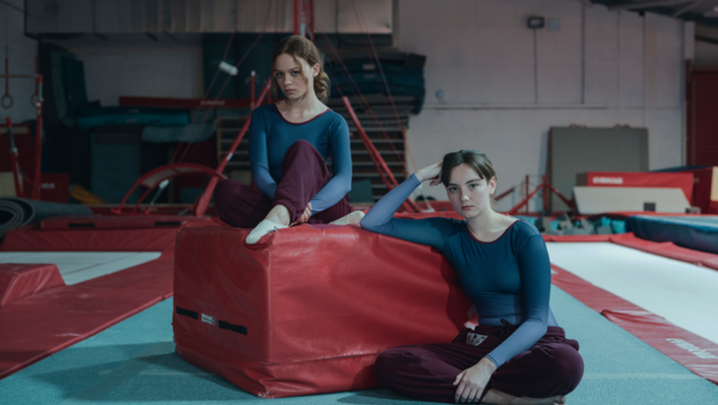What makes a country happy? According to the Happy Planet Index, it’s down to four key areas: wellbeing, life expectancy, the inequality of outcomes (i.e the difference in wellbeing and life expectancy within that country) and ecological footprint.
That’s why Costa Rica, with its life expectancy of 79.1 years and commitment to renewable energy, topped the 2016 list of the world’s happiest countries, having already won in 2009 and 2012.
As part of Channel 4’s Man Made Planet season, science writer Gaia Vince travelled to the tropical nation with her young family to find out what it is that makes Costa Ricans so happy, and why the country is so far ahead of other countries in finding a balance between our human needs and the needs of the natural world.
The RTS caught up with Gaia to hear about her journey and what we can learn from Costa Rica and its approach to environmental issues.
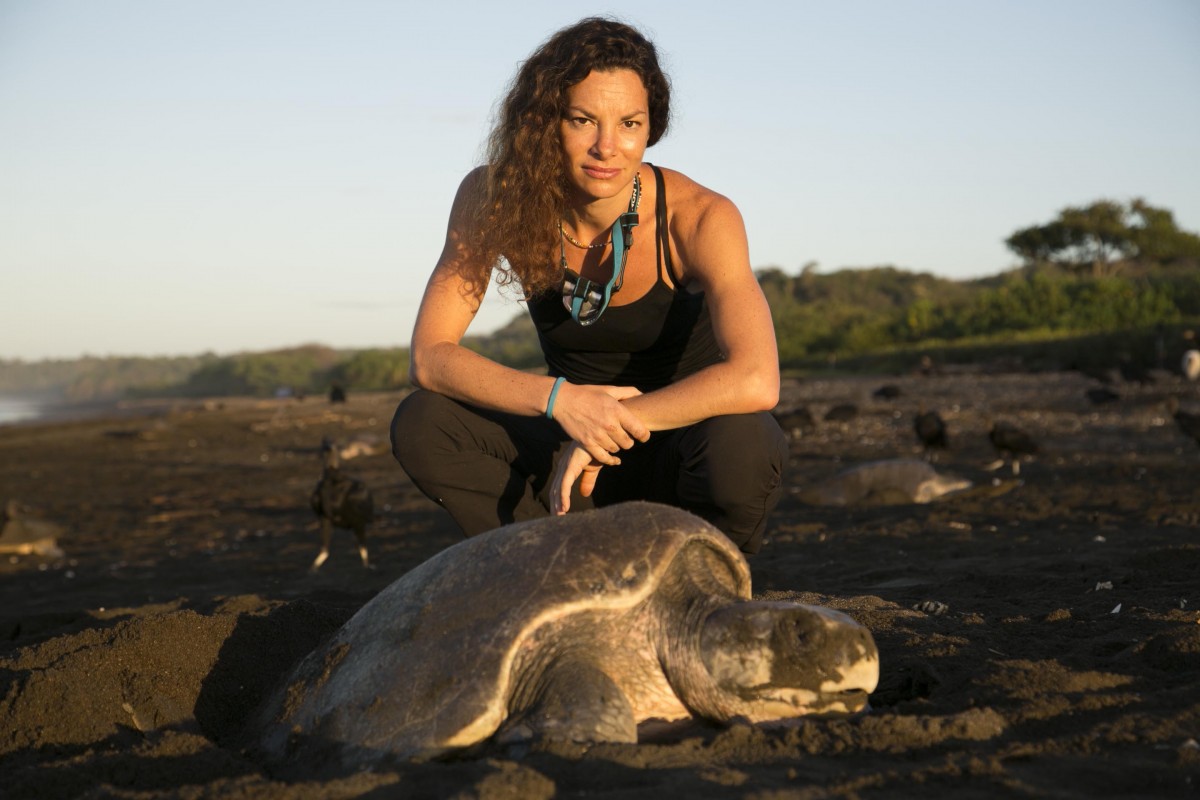
(Credit: Channel 4)
The most remarkable thing about Costa Rica is what they've achieved in just a few decades.
This didn't happen by accident; Costa Rica was a deforested, very poor country in the middle of some sort of drug war. It made a conscious decision that instead of turning into a banana republic with terrible corruption like all its neighbours, it would get rid of the military and instead invest in education, a welfare state and healthcare system, and the environment, which it has.
People are happier in Costa Rica, they seem content.
I think that's because they have a sense of purpose, even as they get older. They are invested in their natural world, it's not just a propaganda thing by the government, they really are. They really care, they don't try and trash the environment. I think that gives them a sense of ownership over their environment, but also a sense of community. Here we can feel very disenfranchised, we can feel very alone.
There’s this epidemic of loneliness in the UK that is bad for us psychologically and physically.
In Costa Rica, I see a lot more multi-age integration. I’m not a psychologist, but surely that gives people that sense of belonging, that they’re not just sitting in an old people’s home waiting for Meals on Wheels to arrive once a day.
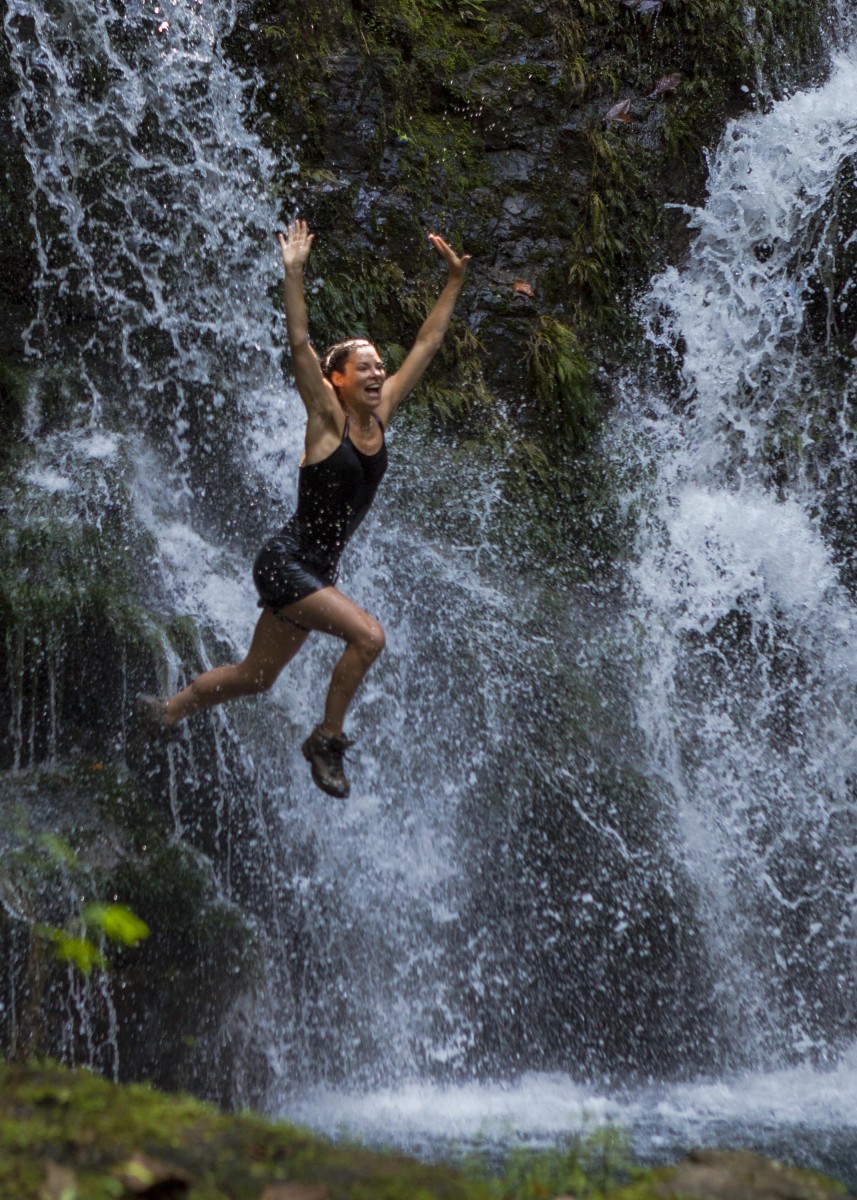
The Industrial Revolution got us into a situation where around the world people live longer and better than ever before.
We have enough food - famines are not caused particularly by natural disasters anymore, they're caused because of our human failings in getting on. We've made the world a lot better for people in so many ways, but the side effect of this, unfortunately, is climate change, and some of the environmental damage we're causing threatens the way we live.
If we don't make our natural world work for people, we're not going to ever conserve it.
You have to integrate people's livelihoods, people's ambitions and dreams and motivations into anything. I think Costa Rica’s really doing that.
This idea of consciously deciding what sort of future you want, and then implementing it, is something we could all learn from.
We're very short-termist in most places, and that just leads to disaster because landscapes take a while to develop; you need to plant trees and wait from them to grow, and invest in that, and make those sort of strategic decisions.
In Costa Rica they are trying to protect endangered species like crocodiles.
They’re doing so well that the population of wild crocodiles is booming and, locally, they’re not endangered anymore. I visited a fish farm created entirely to harvest non-native tilapia fish to sell to the American market. The ponds offer a feast for the crocodiles who have been ousted from there, but there are people whose job it is to capture the crocs by hand, put them in a truck and drive them down to the river where they release them. Obviously the crocodiles just come back again. To me it was extraordinary for humans to decide that these animals are worth saving, when they’re not even endangered in the country and they are threatening livelihoods and economic development.
They’ve made peace with these two struggling forces of wanting economic development, but also wanting to conserve wildlife.
In Britain we've killed anything slightly threatening, we're even killing badgers, because our livelihoods are much more important.
Costa Rica is really inspiring, but it doesn’t mean that everything they do there can be copied and pasted here.
It's the attitude, it's the idea that if you think forward, if you plan and decide what you want the future of your country to be, you can achieve it. But little piecemeal things don’t change anything. We need to be brave.
Escape to Costa Rica begins on Sunday 30 April at 7pm on Channel 4.

